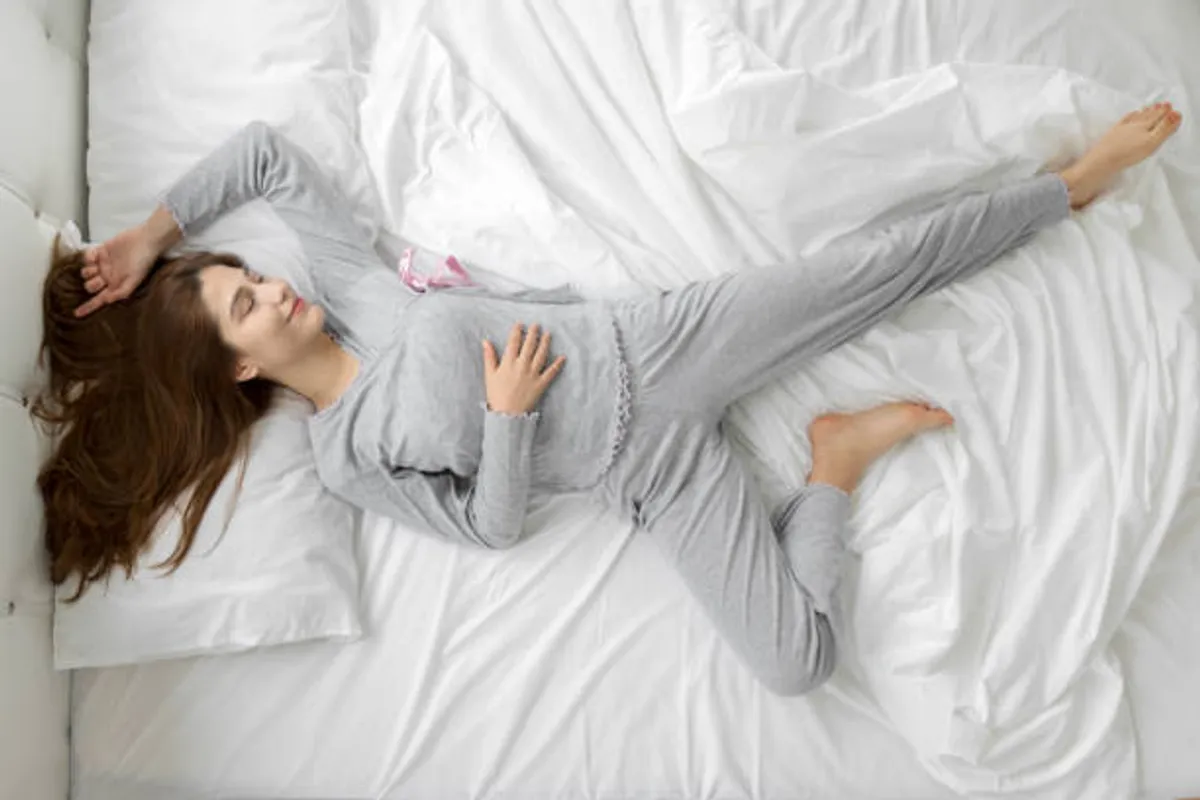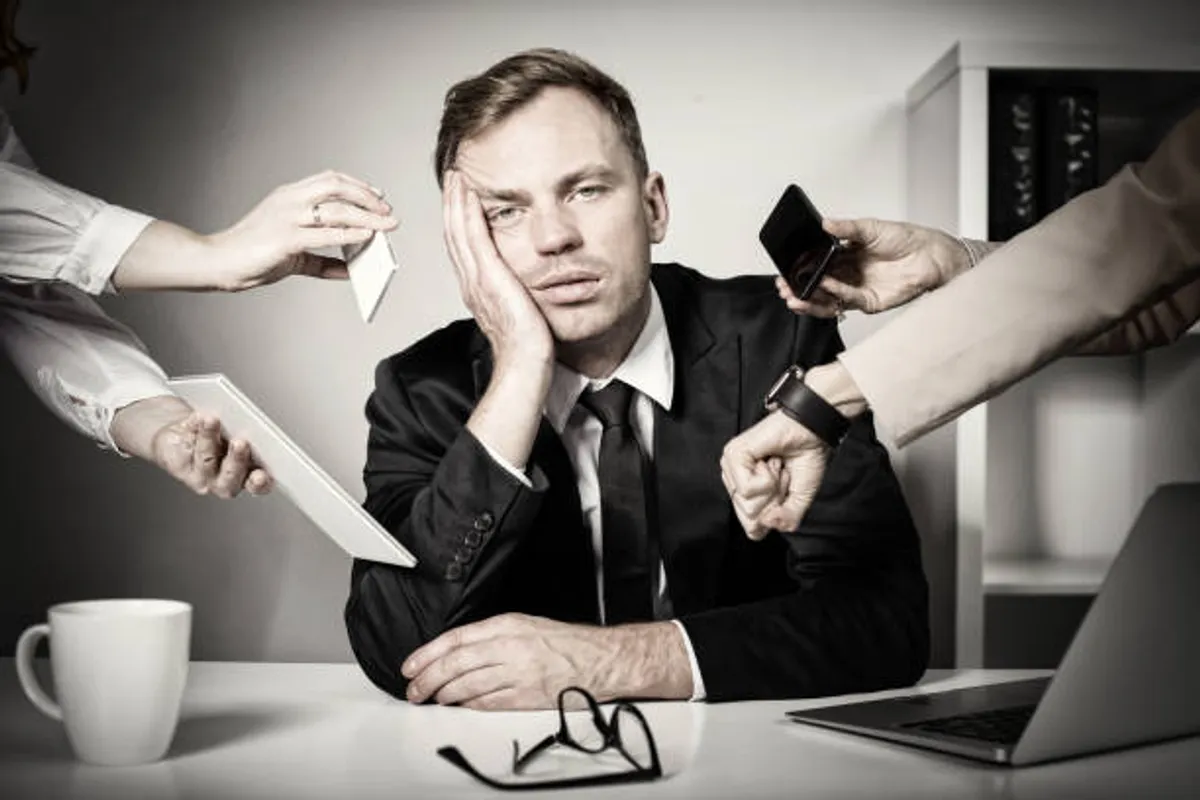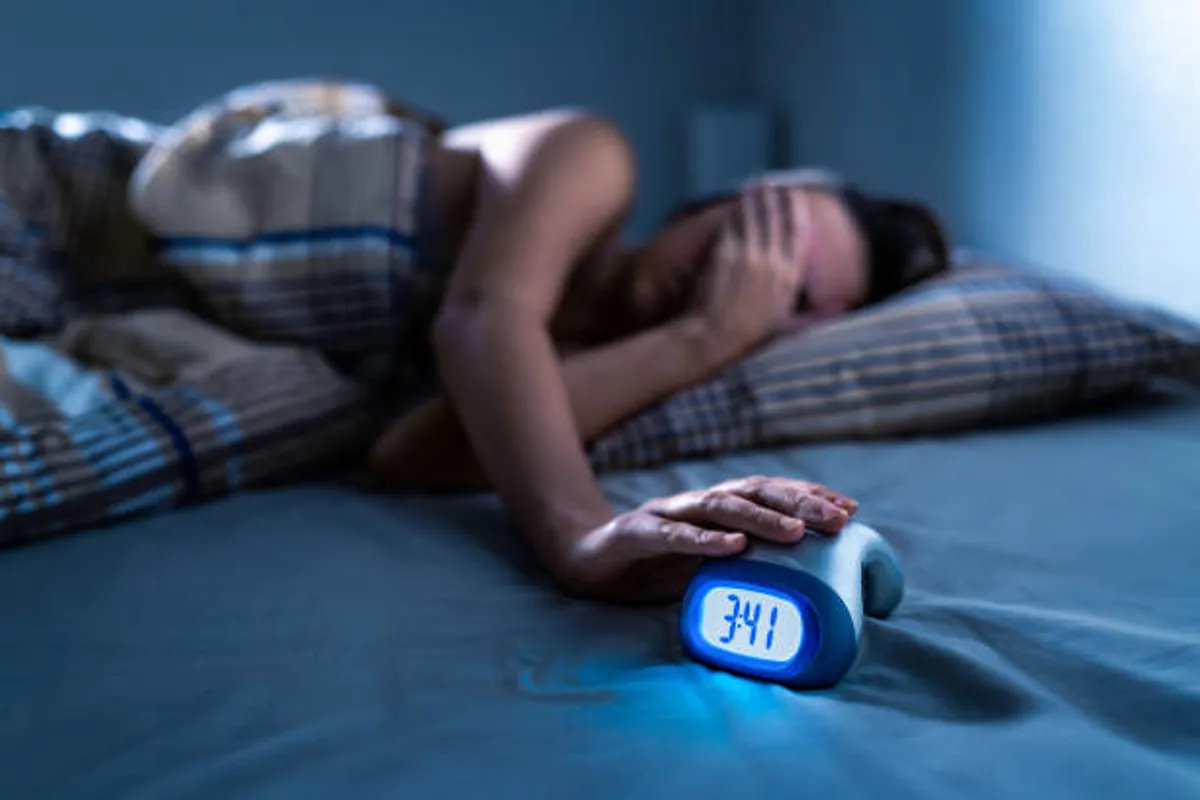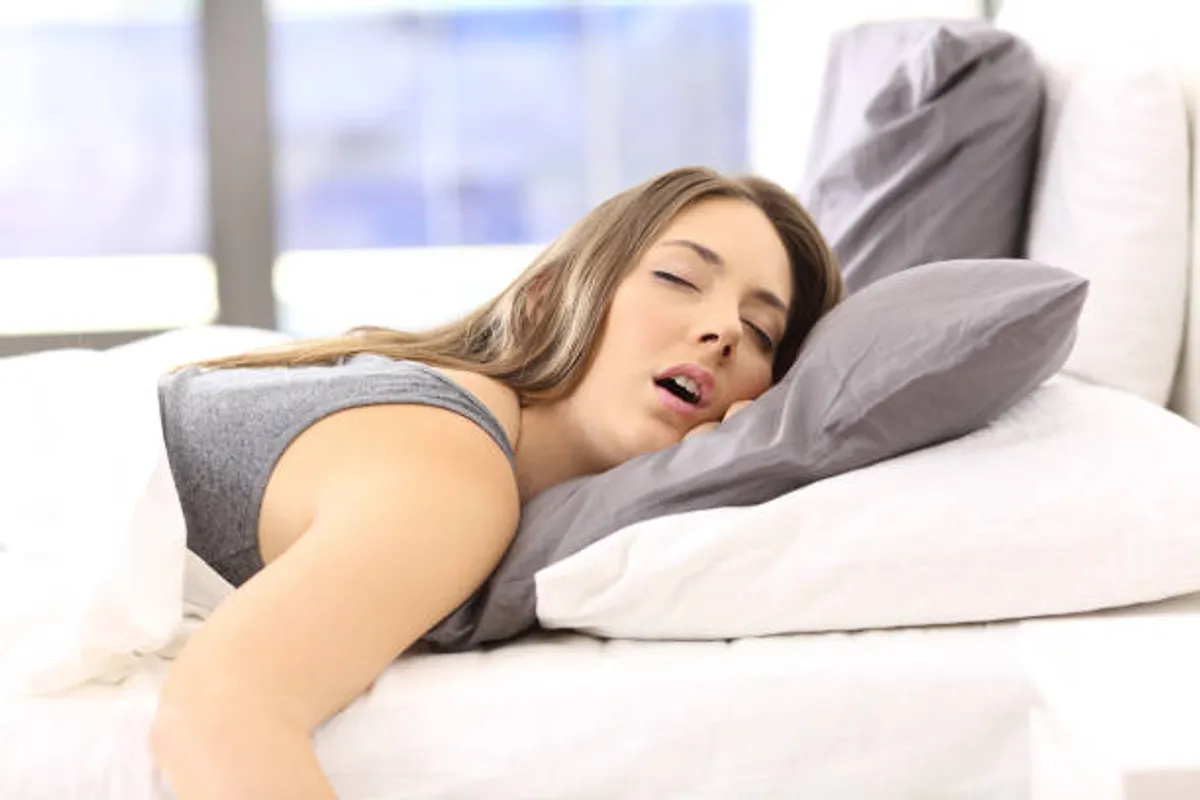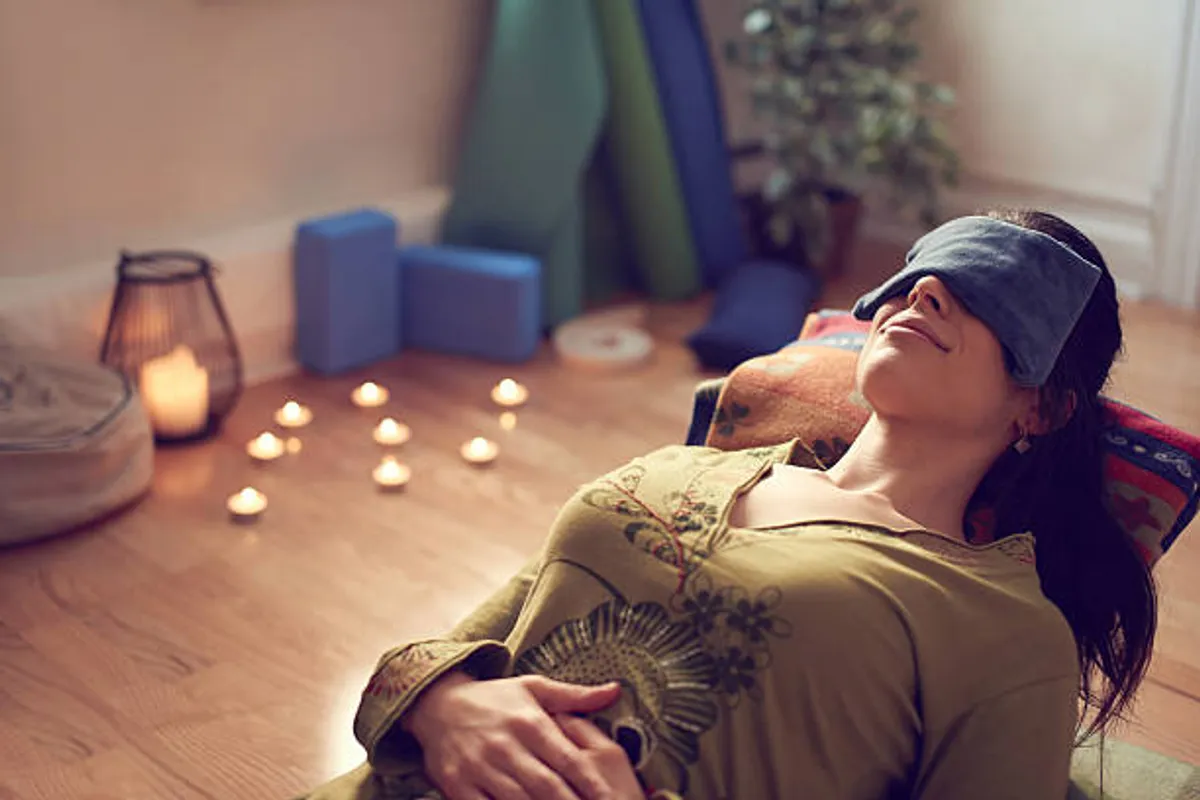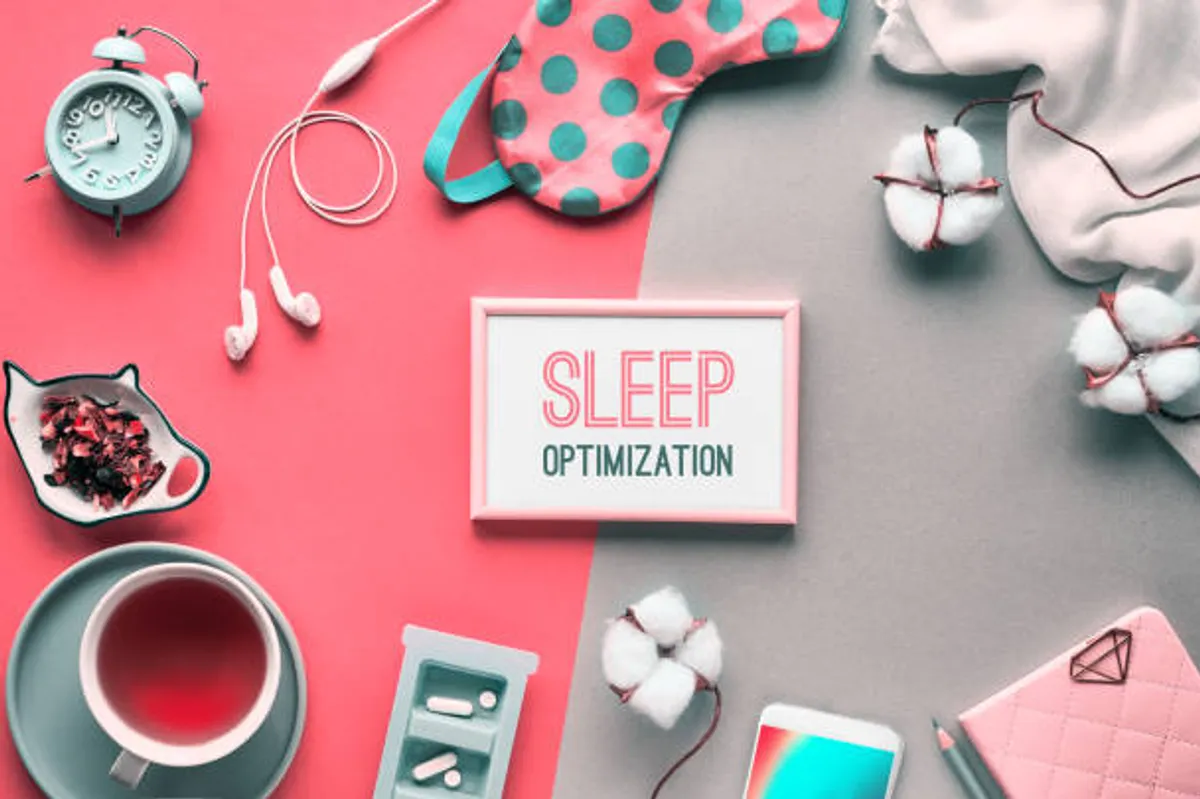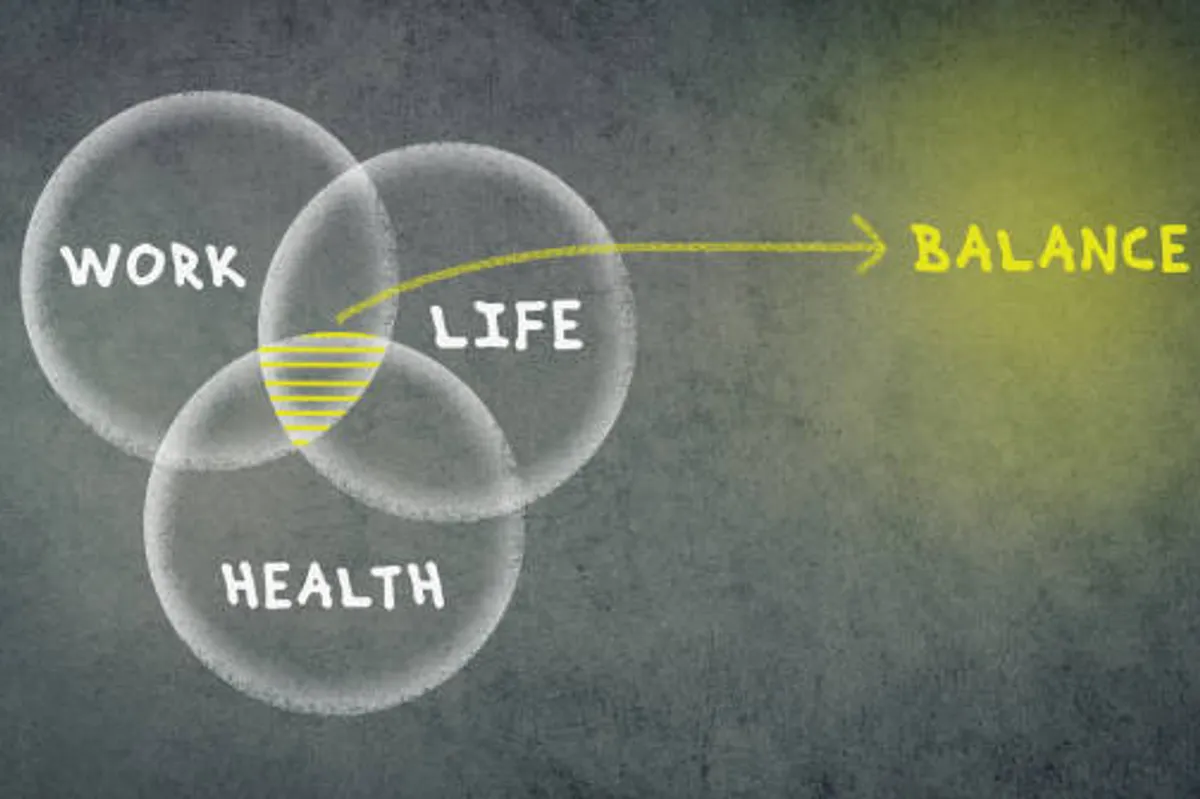Blue Light Exposure and Sleep: Wellness Hacks for Better Rest

GeokHub
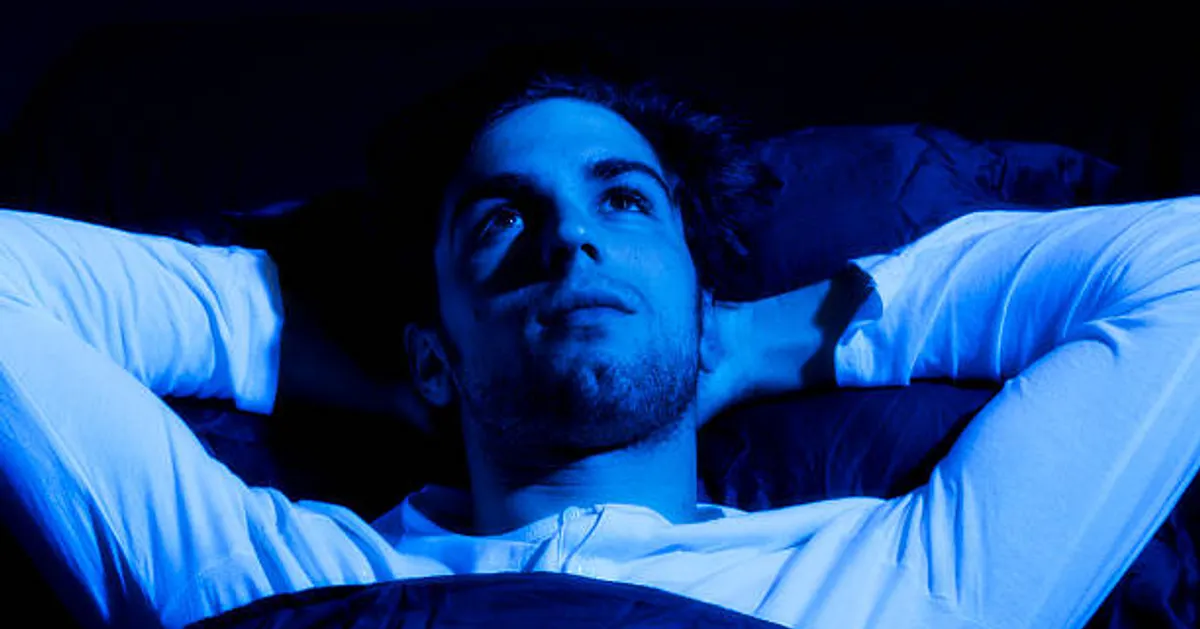
In the age of smartphones and endless streaming, bedtime often comes with a glowing companion: the blue light from screens. It’s subtle, but that soft blue hue can quietly sabotage your sleep, leaving you tired and unfocused the next day. While technology has improved our lives in countless ways, it’s also disrupted one of our most vital systems — the body’s natural sleep cycle.
Let’s explore how blue light interferes with your rest and what simple, realistic wellness hacks can help you reclaim deep, restorative sleep.
Understanding Blue Light and the Body Clock
Blue light is a part of the visible light spectrum, emitted naturally by the sun and artificially by LED screens, phones, and tablets. During the day, this light helps regulate your circadian rhythm — the internal clock that manages sleep, wakefulness, and hormone production.
However, nighttime exposure confuses the brain. When you stare at your screen before bed, the blue light signals your brain that it’s still daytime. This suppresses melatonin, the sleep hormone, and delays your ability to fall asleep naturally.
Over time, this disruption doesn’t just cause fatigue — it can lead to mood swings, anxiety, and even metabolic issues.
How Blue Light Affects Your Sleep Quality
- Delayed Sleep Onset: You may feel “wired” at night even after a long day.
- Reduced REM Sleep: The stage responsible for memory and emotional balance gets shorter.
- Daytime Drowsiness: Poor nighttime rest leads to lower focus and productivity.
- Hormonal Imbalance: Long-term blue light exposure can alter cortisol and melatonin cycles.
The effect is subtle but cumulative. Even a few late nights of scrolling or binge-watching can knock your sleep rhythm off balance.
Wellness Hacks to Reduce Blue Light and Sleep Better
1. Limit Screen Time Before Bed
Start a “digital sunset” an hour before bedtime. Use that time for stretching, journaling, or reading a physical book. It helps your mind wind down naturally.
2. Use Blue Light Filters
Most modern devices have Night Shift (iPhone) or Eye Comfort Shield (Android). You can also install apps like f.lux or Iris, which automatically reduce blue light in the evening.
3. Invest in Blue Light Glasses
If you can’t avoid screens for work, these glasses help filter blue wavelengths. Studies show they may slightly reduce melatonin suppression — ideal for evening use.
4. Create a Sleep-Friendly Environment
Dim your bedroom lights an hour before bed. Use warm-toned bulbs, blackout curtains, and keep the room cool (around 65°F / 18°C). Your brain associates darkness with rest.
5. Set a Consistent Sleep Schedule
Your circadian rhythm thrives on consistency. Try going to bed and waking up at the same time daily — even on weekends.
6. Get Morning Sunlight
Ironically, the best way to fight nighttime blue light is with morning sunlight exposure. It helps reset your internal clock and boosts daytime energy, making it easier to fall asleep at night.
Supplements and Natural Aids
If you still struggle to sleep, natural aids can help support your rhythm — but always consult a doctor first.
- Magnesium glycinate: Promotes relaxation and muscle recovery.
- Melatonin (low dose): Helps regulate sleep onset when your schedule is disrupted.
- Chamomile or valerian root tea: Gentle, herbal ways to calm your nervous system.
(Affiliate disclosure: This article may contain links to recommended sleep products or blue light filters. We may earn a small commission at no extra cost to you.)
The Bigger Picture: Wellness Beyond Screens
Good sleep is foundational to wellness. It fuels your mind, stabilizes emotions, and sharpens focus. Reducing blue light is not about avoiding technology — it’s about using it more wisely.
Every time you protect your sleep, you invest in your energy, creativity, and longevity. So tonight, dim the lights, put your phone away, and give your body what it’s been asking for — true rest.

